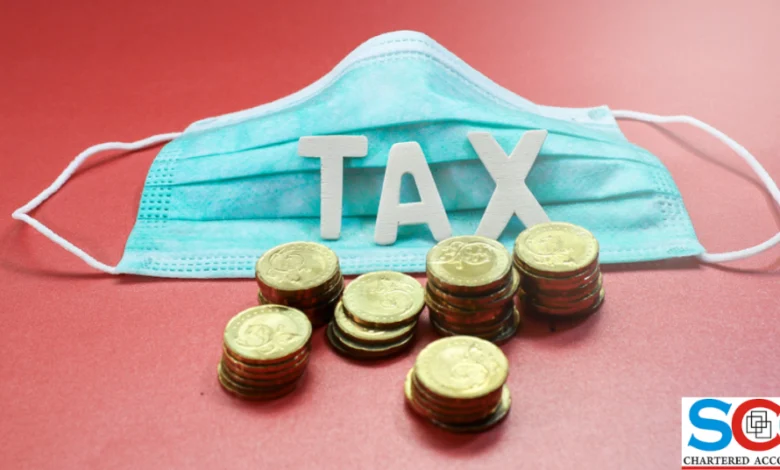
It is estimated that the removal of the COVID-19 tax and the E-Levy will cost the GHS 6.4 billion in revenue in 2025 alone.
Concerns have been raised over the viability of President-elect John Dramani Mahama’s bold plan to eliminate these tax lines, especially in light of Ghana’s current IMF-supported program.
The upcoming National Democratic Congress (NDC) government’s announcement to remove these two tax handles may result in a substantial revenue shortfall in Ghana’s budget for the next year.
Since the levies are expected to peak in 2025 in order to balance government finances despite economic challenges, this scenario poses significant concerns to budgetary sustainability.
According to government projections, the E-Levy will bring in GHS 2.4 billion in 2025, up from the GHS 2.1 billion allocated for this year.
Likewise, it is anticipated that the COVID-19 Levy will generate GHS 3.97 billion in 2024, up from GHS 3.1 billion in 2024.
These projections predict that the two tax streams will contribute GHS 1.2 billion more in 2025 than they did in 2024.
The funding for important economic sectors may be jeopardized by this GHS 6.4 billion loss.
More
The government may be forced to borrow money as a result of the revenue gap, which would raise Ghana’s vulnerability to economic risks and expand the nation’s already unmanageable debt levels.
Without clear alternative revenue sources, analysts warn that eliminating these taxes could jeopardize fiscal stability and sabotage the nation’s precarious attempts at economic recovery.
Reducing import exemptions is the answer, according to certain industry participants. In this context, they are projecting possible tax savings of about GHS 9 billion.
Although the planned cancelation is in line with the NDC’s objective of reducing the tax burden on individuals and companies, the economic trade-offs require careful consideration, particularly when it comes to closing this revenue shortfall during the continuing economic recovery.



